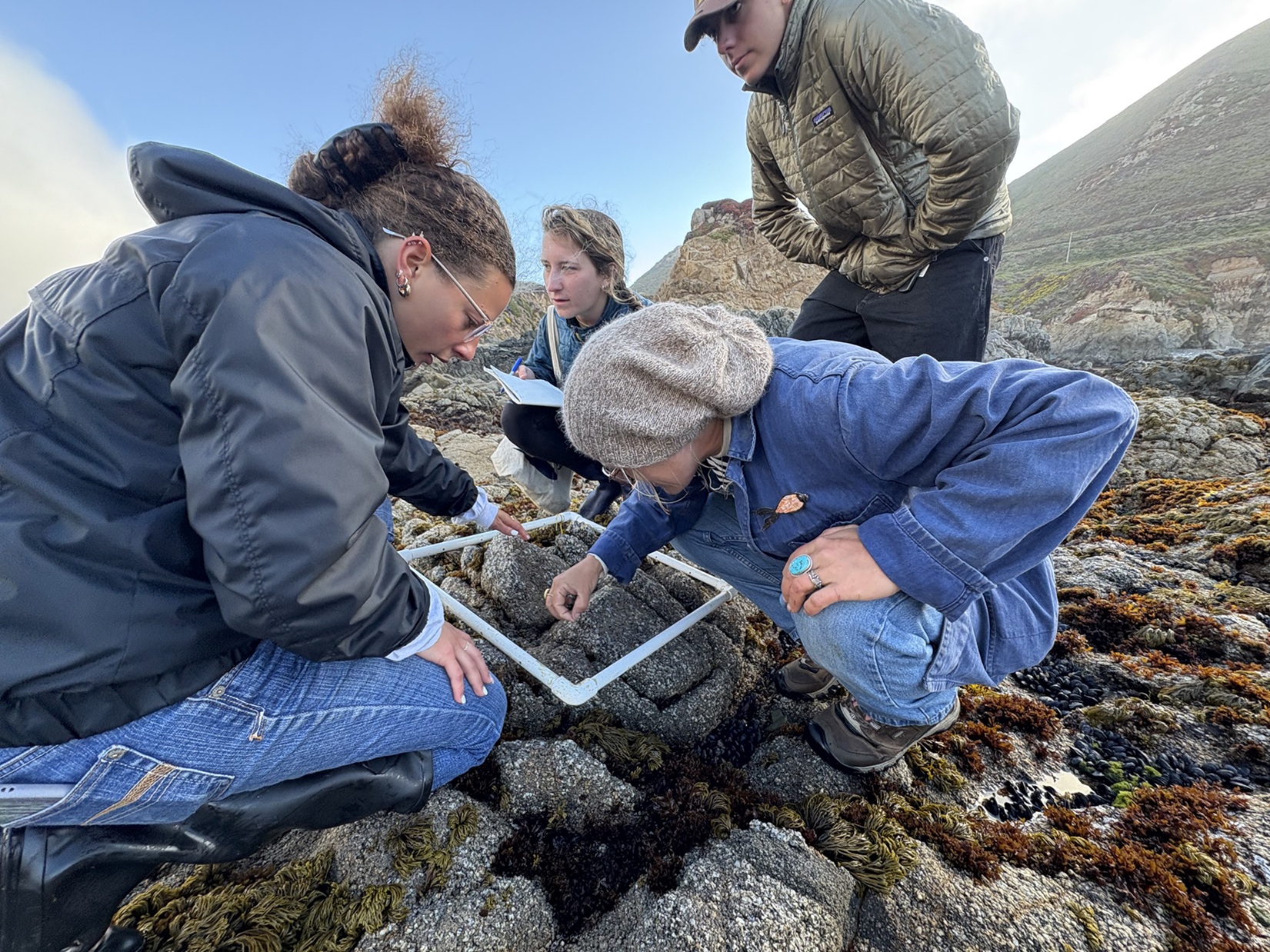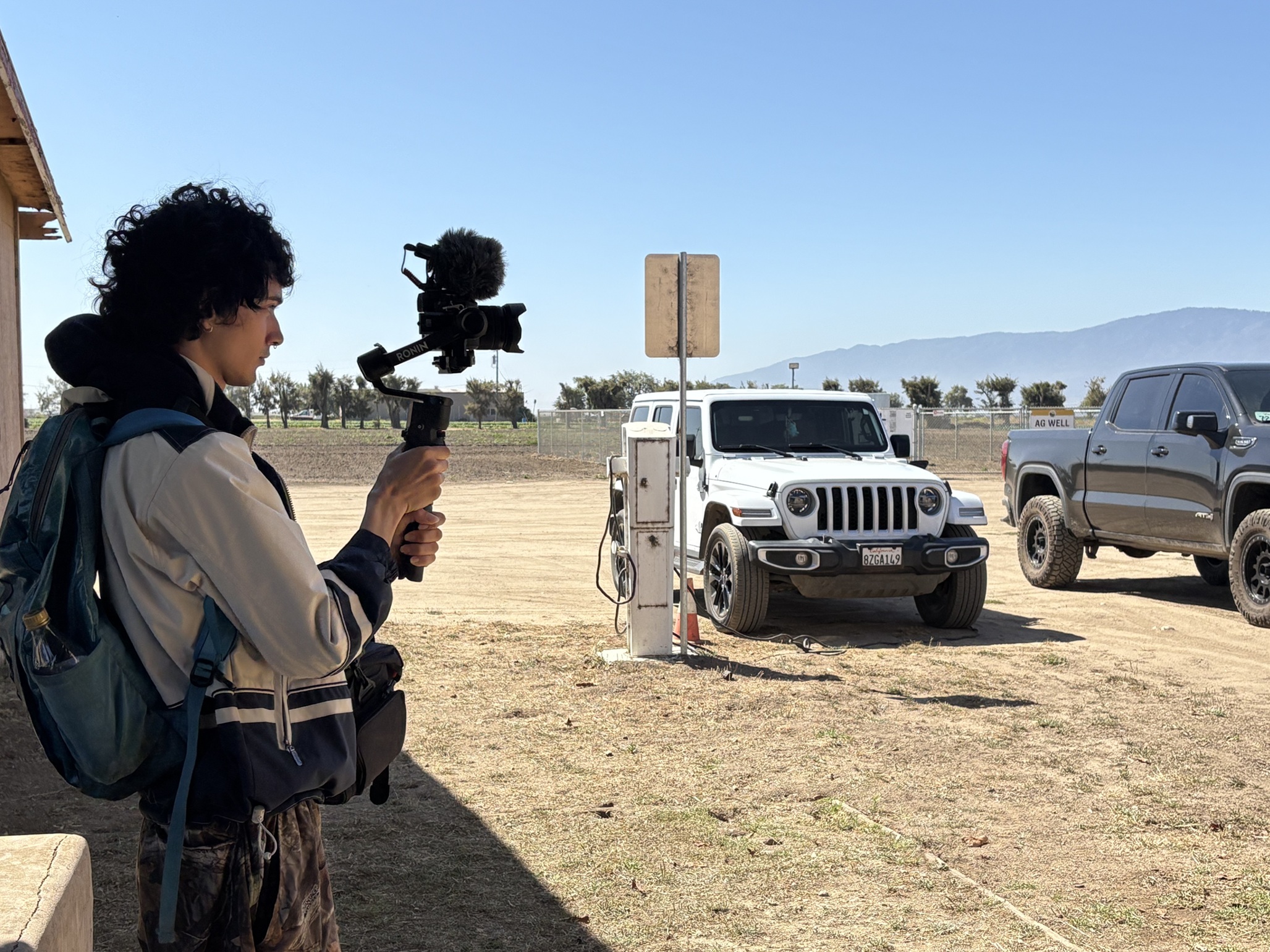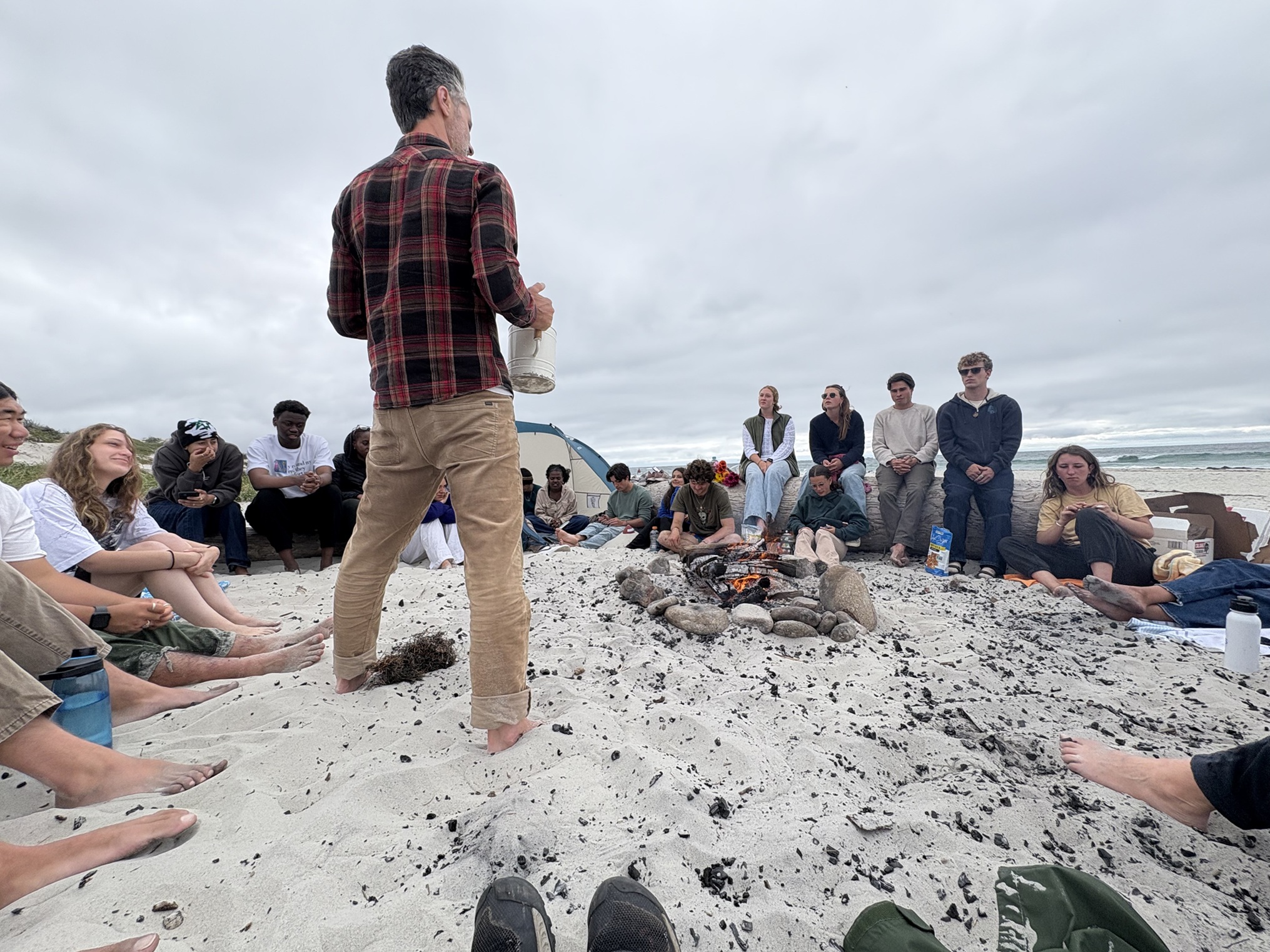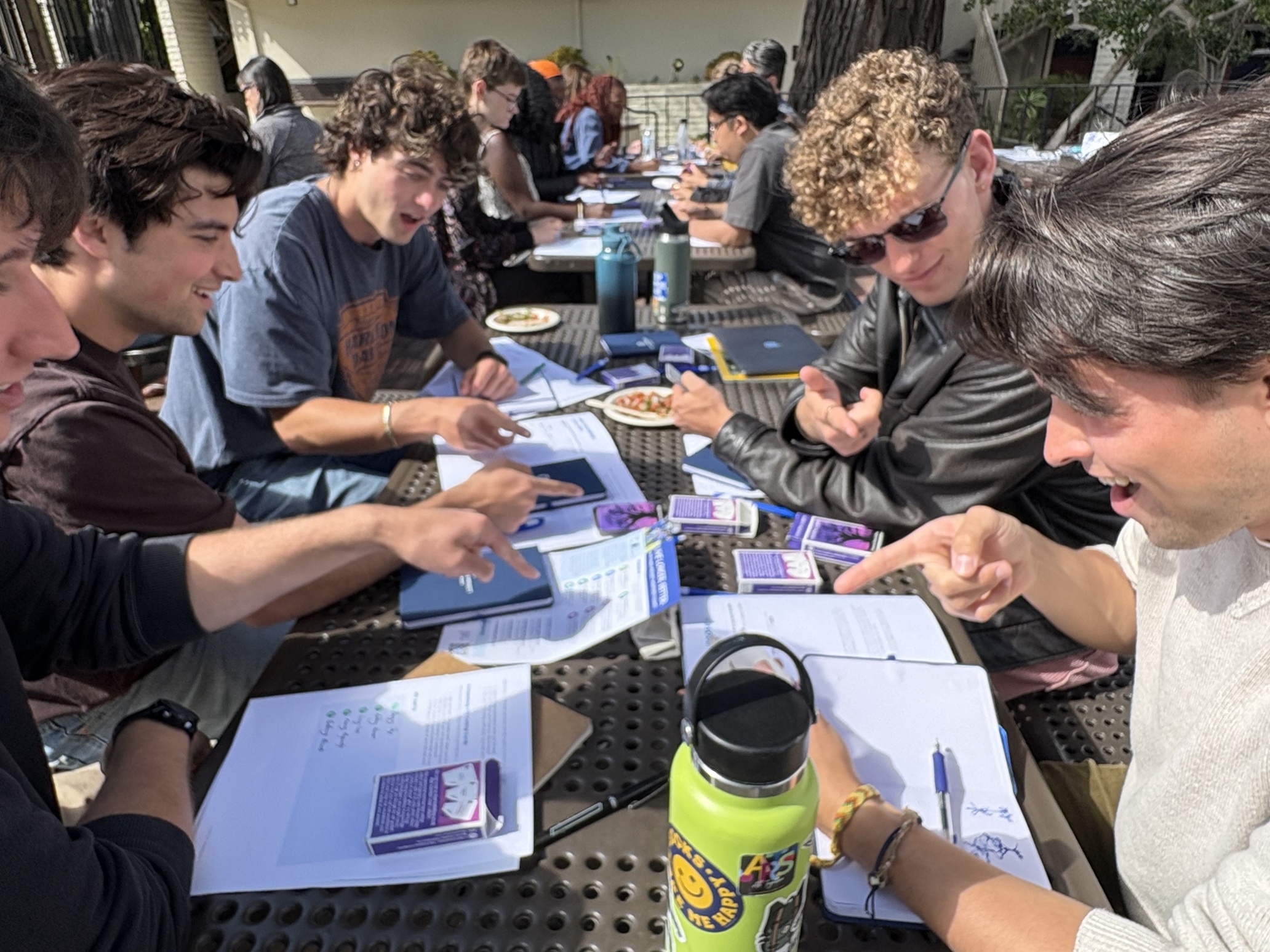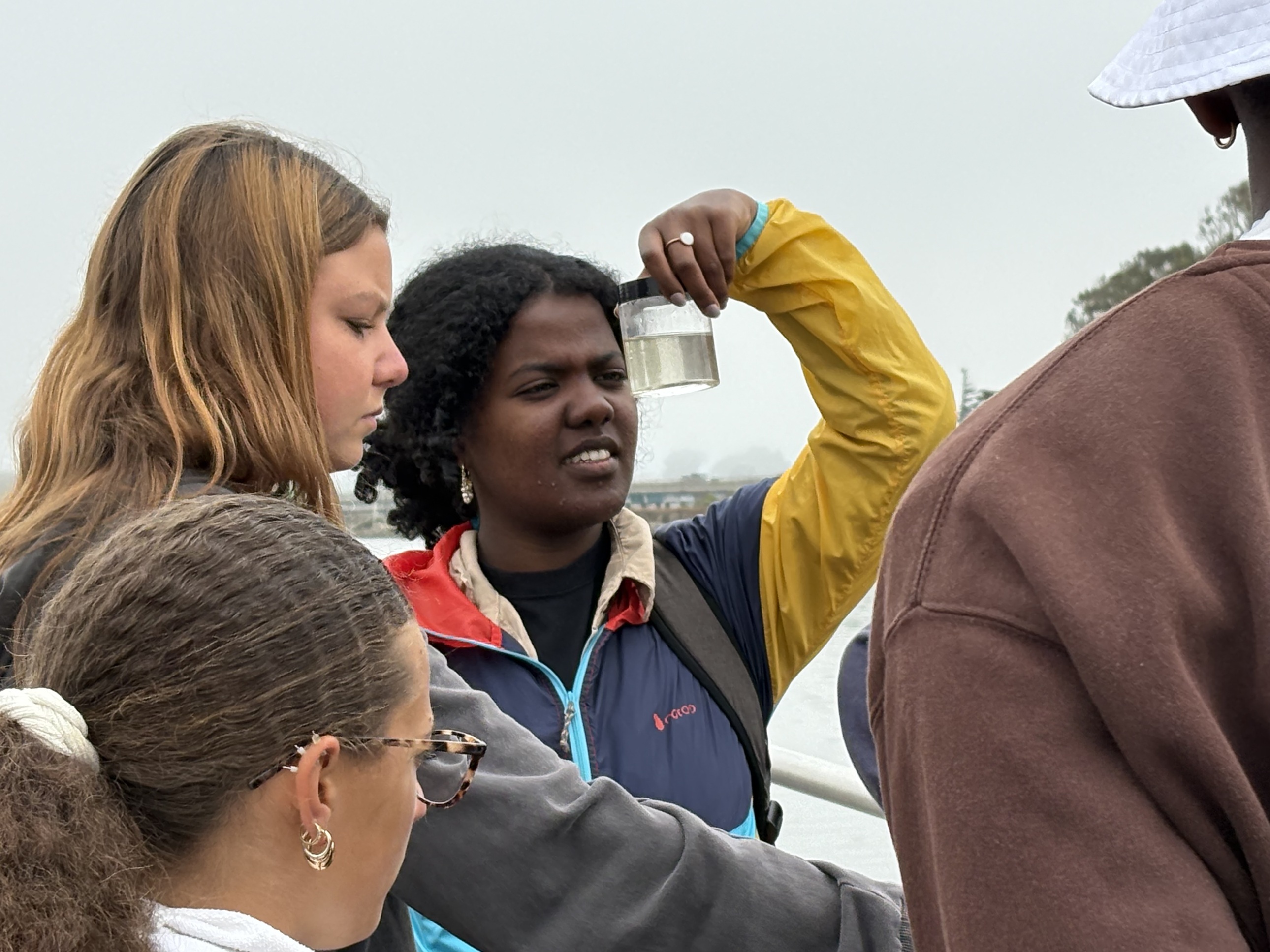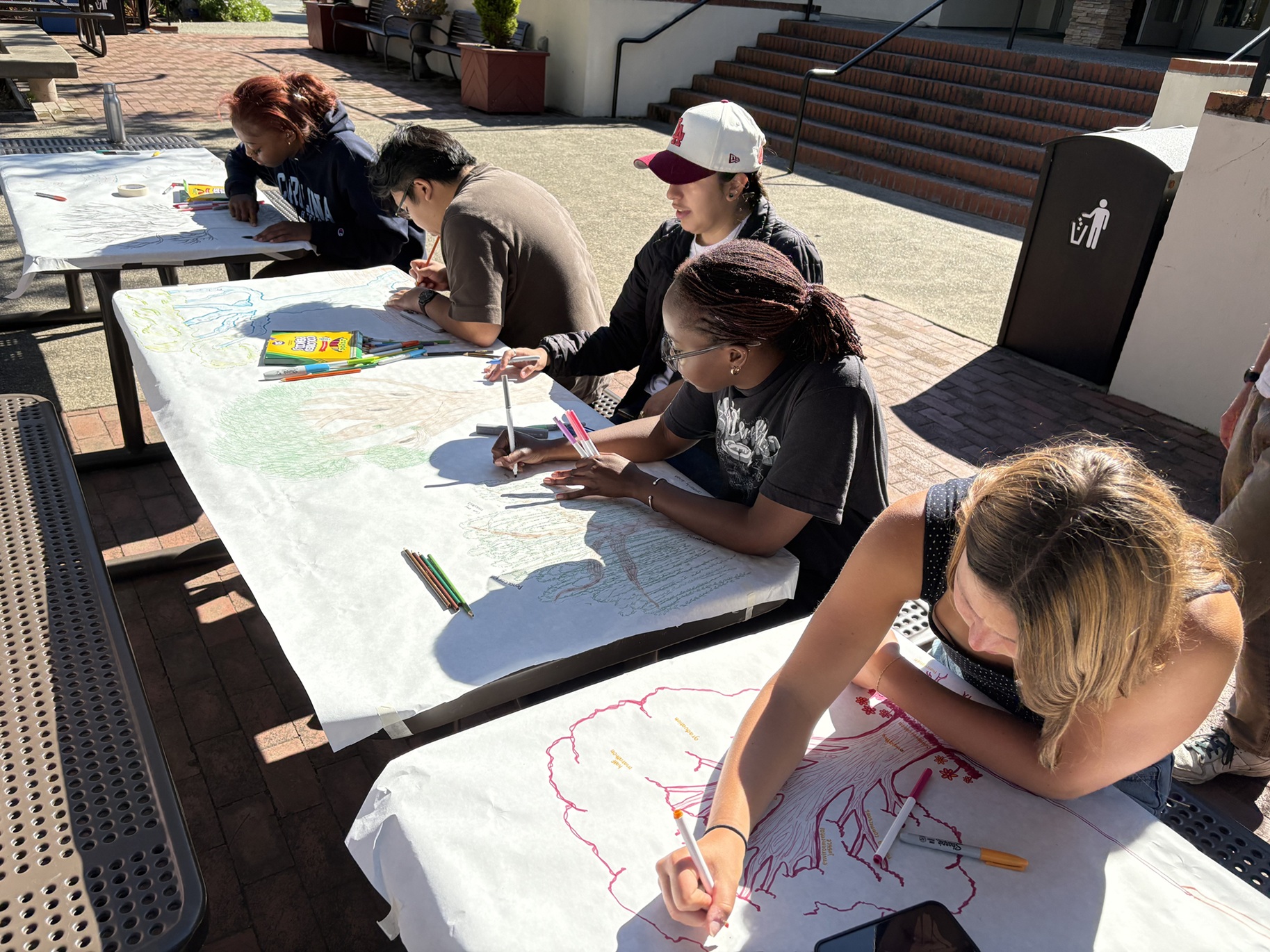Curriculum
The Middlebury School of the Environment curriculum prepares students to effectively promote positive environmental change. Students participate in leadership training workshops and topics are integrated into the courses.
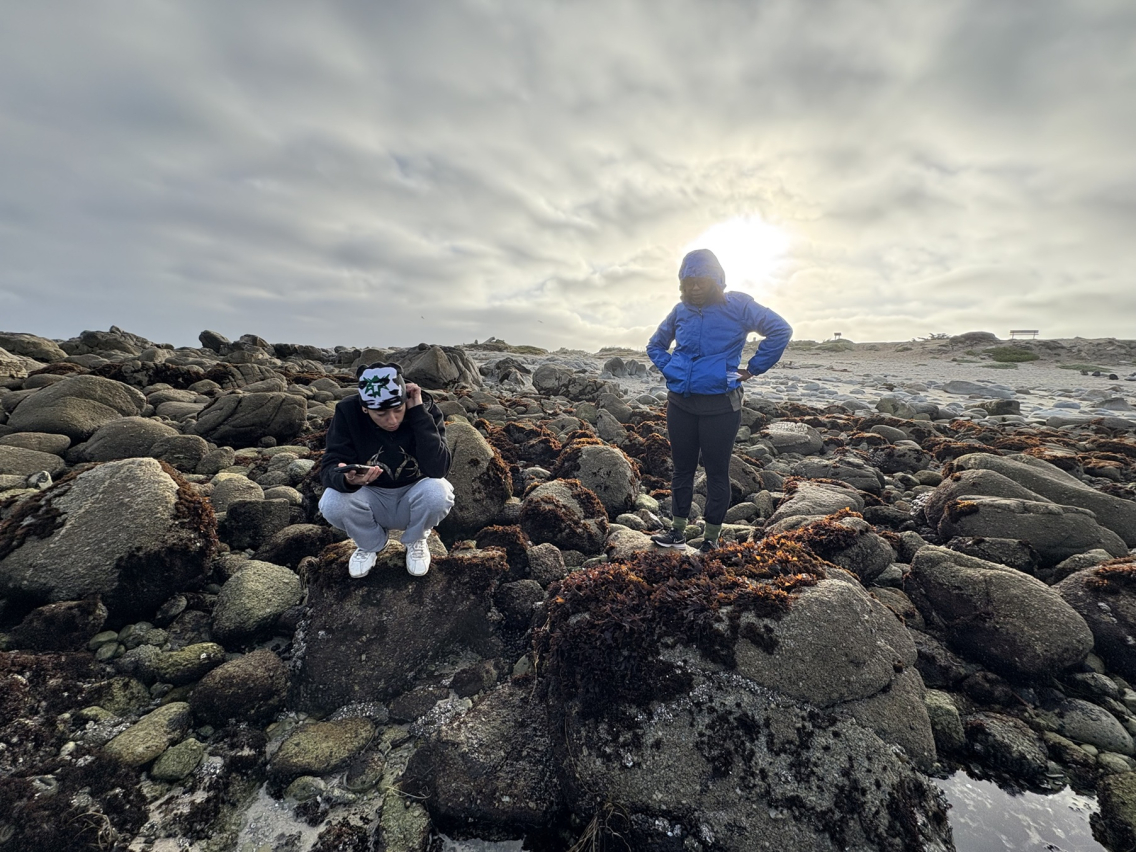
Students will take three credit-bearing courses while on the program. All students will take Environmental Leadership as a core course, plus two elective courses.
Please see the descriptions below, keeping in mind that courses may change slightly between now and the start of the program.
Environmental Leadership
In this course we will explore what it means to be a leader in the environmental movement, and develop our personal leadership practice. The course will take place through numerous seminars with environmental leaders where we learn from their approaches. We will also take field trips to regional environmental organizations to learn about the variety of disciplines, professions and organizational types within the environmental sector. Finally, we will hold a series of professional development workshops to build competencies in skills such as conflict transformation, grant writing, collaboration and structured decision making, among others.
Wicked Problems in Environmental Policy
California’s central coast is a microcosm of many of the world’s wickedest problems. In this small region we can observe, document and interrogate the local nuances and implications of the challenges implicit in each of the United Nations Sustainable Development Goals, from poverty and food insecurity to water scarcity and climate change. These challenges are characterized by complex webs of cause and effect relationships and feedback loops that defy technical solutions and foster conflicts among stakeholders. These characteristics place them in a special class of problems, termed “wicked problems” by Rittell and Weber (1973). In this course we will seek to understand the complexity of wicked problems, playfully attempt to unwind the tangle of variables that contribute to their intractability, and evaluate the policy and management approaches underway to address them. Along the way we will take walks… and more walks. We will also do some drawing and mapping, take photos and videos, collect artifacts, create metaphors, and do even more walking.
Environmental Media
Photography, audio, and video can be powerful tools for research and creative expression, and have the potential to deeply enhance how we perceive and understand the environment. In this course students will develop creative and technical skills, and produce short media works - photojournalism, podcasts, and video productions - that draw on research, interviews, personal perspectives, and experiences related to the environment in and around Monterey. The course will explore aesthetic and philosophical approaches to media production, and will delve into creative techniques for storytelling, communicating information, and producing artistic works. The aim of this course is to build knowledge in both the practice and critique of media, and to strengthen an understanding of how creative storytelling can provoke profound discourses on environmental issues and ideas. The course will open exciting opportunities for students to explore cultural and natural environments through media with the goal of creating meaningful and compelling work that sheds light on this remarkable place. Students may participate in the course with or without prior experience in media production. Participants in the course may bring their own camera and audio recording equipment, and are encouraged to bring their own headphones.
Introduction to Marine Ecosystems
In this course we will cover aspects of the marine environment and ecosystems, and human interaction with both, with a particular focus on Monterey Bay. This geographic region provides a natural classroom for students to learn about geological, environmental, biological, economic, and societal aspects of the marine realm in past, present and future time scales. The course will cover a broad range of topics from geological aspects of the marine environment to conservation including lab-based work, field excursions to local tidepools and research facilities, and guest lectures from local experts.
Writing Into Wilderness
Imagine an engineer discovering that words could build a bridge. Or a game designer deciding to build a game out of a poem. In this course we will experiment with the idea of creative writing as a hands-on experience: rather than “writers,” we will be builders, gamers, wilderness guides, cartographers, and even activists. Our task will be to pack our tools and venture out into the wilderness of both world and word to see what we can observe, collect, build, and maybe even save. Practically speaking, this means two things. First we will read two kinds of creative work: 1) experimental work that takes the form of bridges, games, manuals, recipes, travel guides, disaster kits, warning signs, letters to Dupont, etc. ; 2) work that focuses expressly on the environment in creative and surprising and even dark (but also sometimes humorous) ways. Our goal will be to use these texts as models to build our own strange and wonderful word things. Together we will discover that non-traditional approaches to creative writing can help us find fresh and exciting and hands-on ways to explore our relationship to the natural world. I sometimes call this course “uncreative writing,” as one emphasis is to challenge the idea that writing is only for “writers.” This course destroys the myth of the singular genius and proves that ALL of us can play, build, and explore our world with words. As a final project, students will create a structure, game, map, road sign, graffiti, mobile, helmet, recipe, guide or other experimental form that expressly explores and critiques the human-nature relationship. Students will also write an explanation of their process and the goals/meaning of their project. Finally, there will be an opportunity to present the work and try out any games, maps, poems, bridges, or guides on an enthusiastic student audience.
Courses embrace complexity, emphasize hands-on practice, and embody interdisciplinarity. Our curriculum takes a systems lens to exploring the social-ecological relationships, environmental problems and sustainability initiatives. Within and alongside classes are a series of leadership development trainings that build applied skill in communication, collaboration, conflict management, effective decision making and multicultural competencies, among other topics. Electives offer in-depth training in specific skills and viewpoints that are central to the study of the environment.








